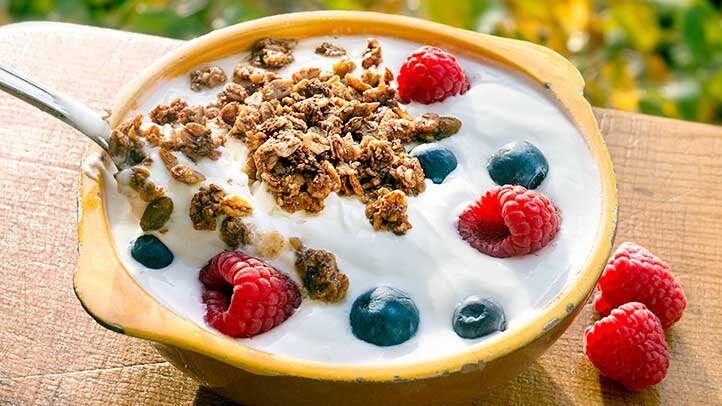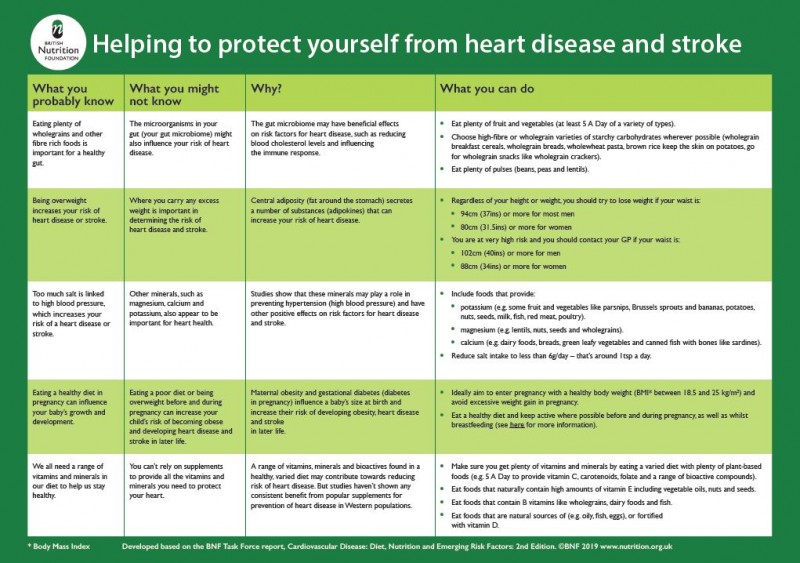
Mediterranean lifestyle is a way to lose weight and improve your health. You will live longer and be healthier thanks to the inclusion of more than 12 heart-healthy ingredients. These foods are high in calories but they're among the most healthy on the planet. The best thing about this diet is that you can eat as many as you like, but make sure you eat the right amount.
The Mediterranean diet is based upon the belief that eating a variety of food is the best way for heart disease prevention. It includes lots of fruit and vegetables and healthy fats, while still allowing red wine and poultry. The diet also encourages eating whole, nutrient-dense foods and limit processed, added sugars and sodium. It promotes healthy eating habits as well as a healthy lifestyle.

Although the Mediterranean diet includes very little red meat, it does include small amounts of eggs and nuts. Research has shown that consuming these foods can reduce the risk of heart disease by 30 percent. Reduced risk of heart disease, stroke, dementia and other conditions can be found in the Mediterranean diet. You can also find many other benefits by reading this Mediterranean diet review. You can also start a new lifestyle by incorporating more of these foods into your diet.
The American Heart Association has reviewed the Mediterranean diet and found many health benefits. It lowers your risk of ischemic heart disease and hypertension, and it is especially good for diabetes. But, not everyone can benefit from the Mediterranean diet. Women should consume no more than one 5-ounce glass of wine per day. Men should consume up to two glasses. Moderate dairy intake is another benefit of the Mediterranean diet. It provides a high-fiber diet that's full of nutrients and fiber.
A Mediterranean diet also has the added benefit of being high in fibre. Wholegrains provide more nutrition and fiber than white bread. Although Mediterranean diets are low in fat, they are high in monounsaturated oils. Because of this, it is less likely than other diets to lead to heart disease. It is also lower in saturated fat and trans fat. In addition, a Mediterranean diet is rich in antioxidants.

The Mediterranean diet is also high in antioxidants. Studies show that it lowers the risk of dementia, Alzheimer's disease, and stroke. Its antioxidants protect against harmful free radicals. The antioxidants in the Mediterranean diet have been shown to help protect the body against oxidative damage from free radicals. This has been shown to reduce the risk of certain types of cancer and cardiovascular disease. This Mediterranean diet review will show you how to make the most of your Mediterranean diet for diabetics.
FAQ
How many calories should you consume each day?
The exact amount varies depending on the person. An average person needs 2000-2500 calories per day. Based on your age, gender, height and activity level, you will need to calculate how many calories you require.
Is Cardio Better Than Strength Training?
Both are equally good. But cardio is a much better choice if you want to gain muscles faster.
Cardio burns far more calories per min than strength training. It also burns fat more efficiently.
Strength training is a great way to build muscle mass. However, it takes more effort than cardio.
How to build muscles quickly
It is important to eat healthy food and lift weights frequently in order to quickly build muscle.
The best time to work out is early morning when you are fresh and ready for action!
Exercises such as push-ups and bench presses are good options.
Try different weight training routines, and don't forget to drink plenty of water throughout the day.
Statistics
- Get free shipping and 25% off today. (healthline.com)
- 10 pounds in a month is likely during a lean bulking phase, especially for beginners. (muscleandstrength.com)
- The PRS enabled risk stratification for overall prostate cancer and lethal disease with a four-fold difference between men in the highest and lowest quartiles (HR, 4.32; 95% confidence interval [CI], 3.16-5.89). (pubmed.ncbi.nlm.nih.gov)
- According to the American Heart Association, blood pressure should be checked at least once every two years, beginning at age 20. (my.clevelandclinic.org)
- Are You One of the 20% of Guys (mh.co.za)
External Links
How To
How do I lose weight while working out?
Exercise burns calories by increasing metabolism and oxygen consumption.
You'll lose weight safely if you exercise at moderate intensity.
To burn fat while exercising, follow these tips:
-
Cardio exercises like walking, running (or jogging), swimming, cycling, running, and/or elliptical training are all good options.
-
For 30 minutes, do it three times a week.
-
Add strength training to your workouts if you are looking to lose more weight.
-
Avoid doing intense exercises. You can build muscle and not break down muscle tissue.
-
During exercise, drink plenty of water. Water flushes out toxins, and keeps your body properly hydrated.
-
After exercising, consume low-fat protein smoothies. Protein shakes help repair muscles and boosts energy.
-
Smaller meals are better for you.
-
Don't skip breakfast! Skipping breakfast can lead to fatigue and sluggishness.
-
Take care of your mind. Stressful situations can affect your metabolism.
-
Keep a positive attitude. Studies show that people who believe they're overweight gain more weight than those who think they look pleasing.
-
Get enough rest. A lack of sleep makes it difficult to lose fat.
-
Keep active. Keep moving every hour.
-
Maintain a healthy diet. A healthy diet will help you feel fuller for longer.
-
Relaxation is possible by finding ways to relax. An anxious mind won't allow your body release stress hormones, which can lead to the destruction of muscle tissue.
A balanced diet is one that includes all of the essential nutrients required for growth.
You should eat six small meals per day rather than three large ones. This gives your body more time to digest the food you eat.
For strong bones to be maintained, you need approximately 500mg of calcium per day. Calcium can also be found in milk products, yogurt, fortified Soy beverages, orange Juice, cereals and bread.
Calcium can be found in leafy green veggies, beans, tofu and nuts as well as seeds, nuts and cheese.
Your body needs vitamin D to absorb calcium. Vitamin D is found in certain fortified foods, such as egg yolk and fatty fish.
Vitamin E is crucial for skin health. Vitamin E is found in vegetable oils and wheat germ oil, as well as peanuts, almonds and sunflower seeds.
Your body needs zinc to maintain normal immune function and heal wounds. Zinc can be found as a mineral in oysters.
Zinc deficiency may cause fatigue, loss appetite, depression, and impaired immunity.
Consuming too much sugar can cause insulin resistance. This causes an increase in blood glucose levels. Insulin resistance causes weight gain.
Insulin resistance is caused by high blood levels of free-radicals. Free radicals refer to molecules that contain unpaired electrons. They can damage cell membranes and other body parts.
Food additives, pesticides and herbicides, as well as preservatives, smoking and radiation are all sources of free radicals.
Free radical damage can lead cancer, heart disease or diabetes, arthritis, asthma, or other forms of aging.
Antioxidants are essential for preventing free radical damage. Antioxidants protect against oxidative damage.
Vitamin C can be found in citrus fruits. Beta carotene can be found in carrots. Sweet potatoes. Tomatoes. Carrots. Sweet potatoes. Spinach. Broccoli. Cantaloupe. Vitamin E is found in nuts. Olive oil, avocados.
Additional antioxidant nutrients include selenium and copper, manganese and zinc.
Selenium protects cells against oxidative damage from free radicals. Selenium is found in Brazil nuts, tuna, liver, kidney, shrimp, cod, turkey, beef, lamb, pork, and chicken.
Copper protects the eyes, brain, lungs, liver, and red blood cells. Copper can be found in meat, shellfish, meat, and organ meats.
Manganese plays an important role in bone structure. Manganese can also be found in oatmeal, brown rice, spinach and bananas.
Zinc is essential for normal growth, reproduction, wound healing, and average growth. Zn can also be found in white fish, lean cuts of meat, poultry, and eggs.